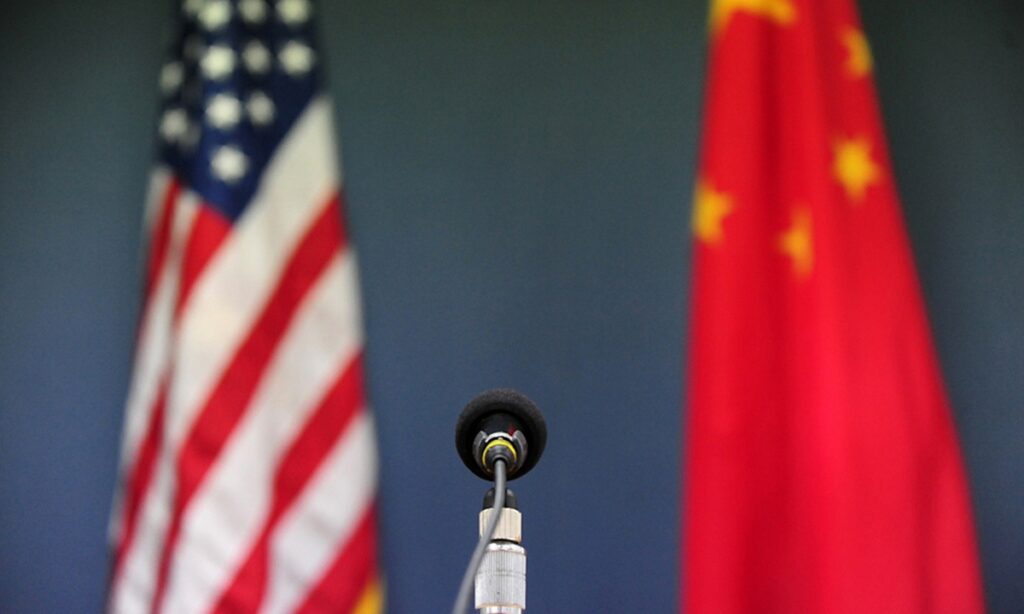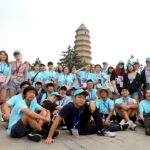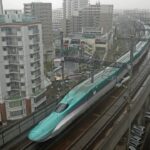China’s development prospects, US policy, commitment to bilateral trade cooperation and multilateral consultation with the US remain “certain” although China-US relations are facing mounting uncertainties, said Chinese State Councilor and Foreign Minister Wang Yi during a trip to the US, as he emphasized that managing the Taiwan question is the “pressing task” in bilateral ties.
During a meeting with former US secretary of state Henry Kissinger in New York on Tuesday, Wang said the pressing task is to properly manage the Taiwan question or it would have a disruptive impact on China-US relations. The US needs to adopt a rational and practical policy toward China, return to the right track of the three China-US joint communiqués, and safeguard the political foundation of China-US relations.
Kissinger recalled the signing of the Shanghai Communiqué with Chinese leaders in 1972 and said the US should recognize the extreme importance of the Taiwan question for China. The two countries need dialogue, not confrontation and should forge ties of peaceful coexistence.
Zhang Tengjun, deputy director of the Department for Asia-Pacific Studies at the China Institute of International Studies, said that Wang Yi’s conversation with Kissinger, an important person behind the normalization of US-China relations 50 years ago, sends a clear message that the one-China principle is the basis for bilateral relations to return to a normal track.
US President Joe Biden had pledged the “Five Nos” – not seeking a “new cold war,” not seeking to change China’s system, that the revitalization of its alliances is not against China, that it does not support “Taiwan independence” and it does not look for conflict with China. However, the US’ actions run counter, Wang noted.
Biden told CBS’ 60 Minutes program on Sunday that US military personnel would defend Taiwan in the event of a “Chinese invasion.” The White House, after the interview, clarified Washington’s official policy on Taiwan has not changed, CBS reported.
The situation is clear that the US keeps hollowing out its one-China policy and its commitment over the Taiwan question so it can strangle China in the chip and semiconductor sector and amplify its democracy vs authoritarian narrative, Wang Yiwei, director of the Institute of International Affairs at the Renmin University of China, told the Global Times on Tuesday.
While the US has been eroding the basis for bilateral ties and thereby creating uncertainties, Wang Yi reiterated China’s consistent stance on the relationship and reminded today’s US strategists to think about the ice-breaking decades ago, Diao Daming, an associate professor at Renmin University, told the Global Times.
In a meeting with representatives from the National Committee on US-China Relations, the US-China Business Council and the US Chamber of Commerce in New York on Monday US local time, Wang Yi said this year marks the 50th anniversary of former US president Richard Nixon’s visit to China and the signing of the Shanghai Communiqué. It is an important year to take stock of the past and carry on from a new starting point. But one may find less certainty and more uncertainty in the prospects of China-US relations. In that context, Wang Yi talked about the five certainties China can provide.
China’s development prospects are certain and will create bigger markets and development opportunities for the US and other countries.
China’s resolve to further advance reform and opening-up is certain and will continue to advance economic globalization.
China’s policy toward the US is certain and the most critical thing now is for the US to adopt a rational and practical policy toward China sooner rather than later.
China’s commitment to closer bilateral trade and economic cooperation is certain.
China’s readiness to engage in multilateral consultation with the US is certain. For that to happen, it is vital to protect the political foundation for China-US relations and in particular, uphold the one-China principle.
China-US relations bear on the future of the two countries and the peace and stability of the world. The two sides need to work together to find a way for the two major countries with different social systems, histories and cultures to get along, Wang Yi said.
Diao noted when China keeps injecting certainties amid bilateral turbulence, the US needs the courage, like policymakers did 50 years ago, to properly handle bilateral relations. The US should behave in line with the interests of the country and the people rather than for some special interest groups or stick to the myth that the US’ internal development problems can be solved by fabricating an external threat, Diao said.
If the US continues to talk the talk without walking the walk, China is prepared for intense confrontation, the expert said. There are opportunities for adjustment, but whether bilateral relations have room for such adjustment depends on the US’ actions, Diao said. It is impossible that the US on one hand keeps jeopardizing the atmosphere for dialogue and on the other hand dreams of dialogue and cooperation.
(Global Times)




